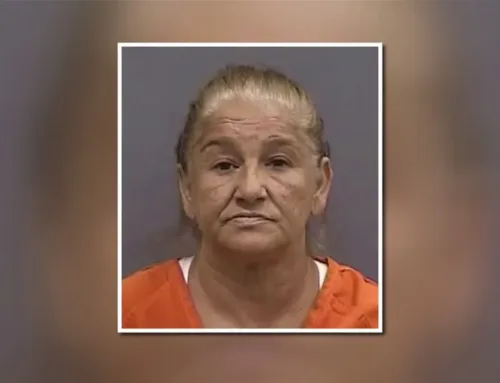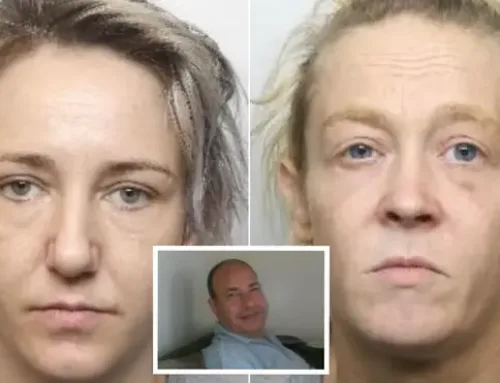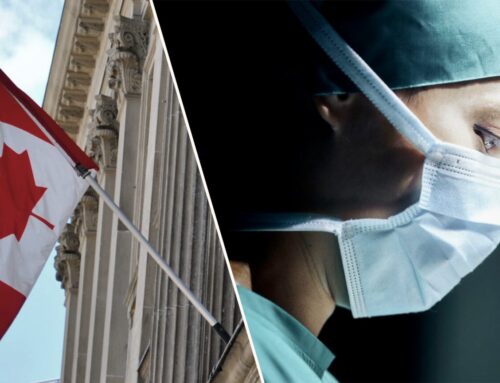September 22, 2021
-Global News
It has been three weeks since Ontario Premier Doug Ford announced plans to implement a COVID-19 vaccine certificate program for many indoor public settings across the province, but as of Sept. 22 residents who are 12 and older will now need to show proof of vaccination or proof of a legitimate medical exemption.

“While many fully vaccinated people like myself share these concerns, the greater concern is having to shut down again or experience a sudden surge in cases like in Alberta and Saskatchewan.”
The decision to go ahead with vaccine certificates marked a reversal in position for Ford, who previously said he was against such an initiative. However, he said he went ahead with the program in the absence of a national vaccine passport.
Ontario’s program will be rolled out in two phases. As of Sept. 22, residents looking to visit settings identified by the provincial government will need to show proof of being fully vaccinated for at least 14 days or a legitimate medical exemption along with a piece of identification. Beginning on Oct. 22, a QR code-based mobile application is set to launch for use by residents and businesses in place of the current vaccination receipts (alternatively people can download enhanced receipts with a QR code that can be scanned).
Where will vaccine certificates be required?
Restaurants, bars, nightclubs, concert venues, gyms and fitness facilities, theatres, cinemas, racetracks, waterparks, TV and film productions with studio audiences, sports venues, casinos and gaming establishments, meeting and event spaces, strip clubs and bathhouses.
What kind of ID will be accepted in conjunction with the receipt and/or QR code, or medical exemption?
Driver’s licence, birth certificate, passport, citizenship card, Ontario photo card or other government-issued identification, Indian status card or Indigenous membership card or a permanent resident card.
How will businesses check someone’s proof of vaccination?
When examining proof-of-vaccination documentation, business operators and employees were encouraged to match the person’s name and birthday against the identification they produce. They were also encouraged to see that two doses of a vaccine and that it has been at least 14 days since the final dose.
Staff at businesses won’t be required to ultimately verify the legitimacy of a medical exemption or receipt that’s being provided.
What if you’re not an Ontario resident?
If you’re visiting Ontario and haven’t been vaccinated in the province, proof of full vaccination from wherever you live along with government identification will be accepted under the program.
When won’t you be asked to show your certificate and who is exempt from the program?
People who solely need to use a washroom, pay for an order, accessing an outdoor area that can only be done through an indoor way, placing or picking up a to-go order, purchasing admission, buying something at a retail store or if there’s a health and safety-related reason will generally be exempt.
Children under 12, who currently can’t be vaccinated against COVID-19, won’t be the subject of screening under Ontario’s regulations. For children under the age of 18 who will be entering an indoor space for organized sports, they will be exempt as well.
When it comes to funerals, weddings and other religious ceremonies or rites, proof of vaccination will not be required so long as that person is not going to any associated social gatherings (such as receptions). Specific to funerals is an exemption to attend a social gathering if it’s being held in a funeral home or another facility approved under the Funeral, Burial and Cremation Services Act.
For those who are citing a medical exemption, they won’t be required under the program to present proof of a negative COVID-19 test. However, there’s nothing under the regulation stopping businesses from enacting such a policy. Government staff encouraged business owners who want to enact additional measures to consult a lawyer.
According to an Ontario Ministry of Health memo on medical exemptions, examples of reasons included severe allergies, anaphylaxis, myocarditis or pericarditis. Time-limited exemptions will also be granted if a person is receiving monoclonal antibody therapy or convalescent plasma therapy.
What are the fines and how will enforcement work?
Under the Ontario government’s regulation, fines for individuals who don’t comply with screening or those who present fraudulent documents will begin at $750 and fines for businesses will begin at $1,000.
Municipal bylaw and/or provincial offences act officers will be the ones primarily enforcing the regulations.
However, if someone is in physical danger in connection with performing screening, Ontario Deputy Premier and Health Minister encouraged them to call 911.




